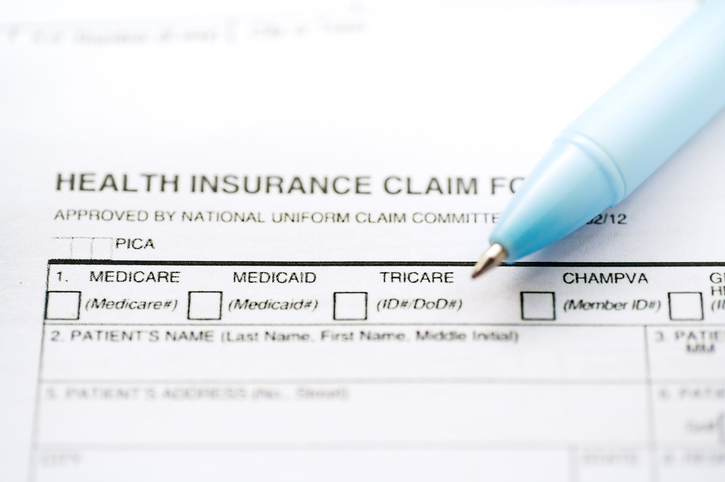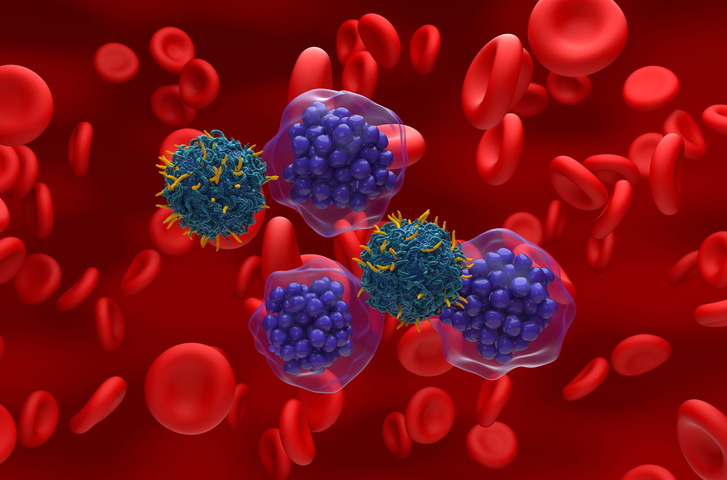Jay Spiegel, MD, Discusses Results from the US Lymphoma CAR-T Cell Consortium
By Jay Spiegel, MD - Last Updated: December 14, 2023Jay Spiegel, MD, of the University of Miami, joined Chadi Nabhan, MD, MBA, FACP, host of The HemOnc Pulse, to discuss research from the US Lymphoma CAR-T Consortium shared during the 65th American Society of Hematology (ASH) Annual Meeting & Exposition.
The consortium, a group of 17 US academic centers, was formed before ASH 2019. “The real interest was trying to get an early sense of how CAR-T was faring in the standard-of-care setting,” Dr. Spiegel explained.
He shared five-year data from a retrospective study of 298 patients with large B-cell lymphoma (LBCL) who received axi-cel. The five-year overall survival was 40%, and the progression-free survival was 29%.
Dr. Spiegel noted these results are similar to those from the ZUMA-1 trial, which also studied axi-cel in patients with relapsed or refractory LBCL who received at least two lines of therapy. Toxicity findings, such as cytokine release syndrome and neurotoxicity, were comparable to those from the ZUMA-1 trial.
“[It’s] reassuring that we were able to deliver pretty similar results to the clinical trial,” Dr. Spiegel said.
In the next few years, Dr. Spiegel and colleagues plan to explore CAR-T as a second-line treatment. “If CAR-T is brought earlier, are we going to see the same [nonrelapse mortality]? Are we going to see the same myeloid malignancies? That’s really an area of interest,” he noted.






 © 2025 Mashup Media, LLC, a Formedics Property. All Rights Reserved.
© 2025 Mashup Media, LLC, a Formedics Property. All Rights Reserved.